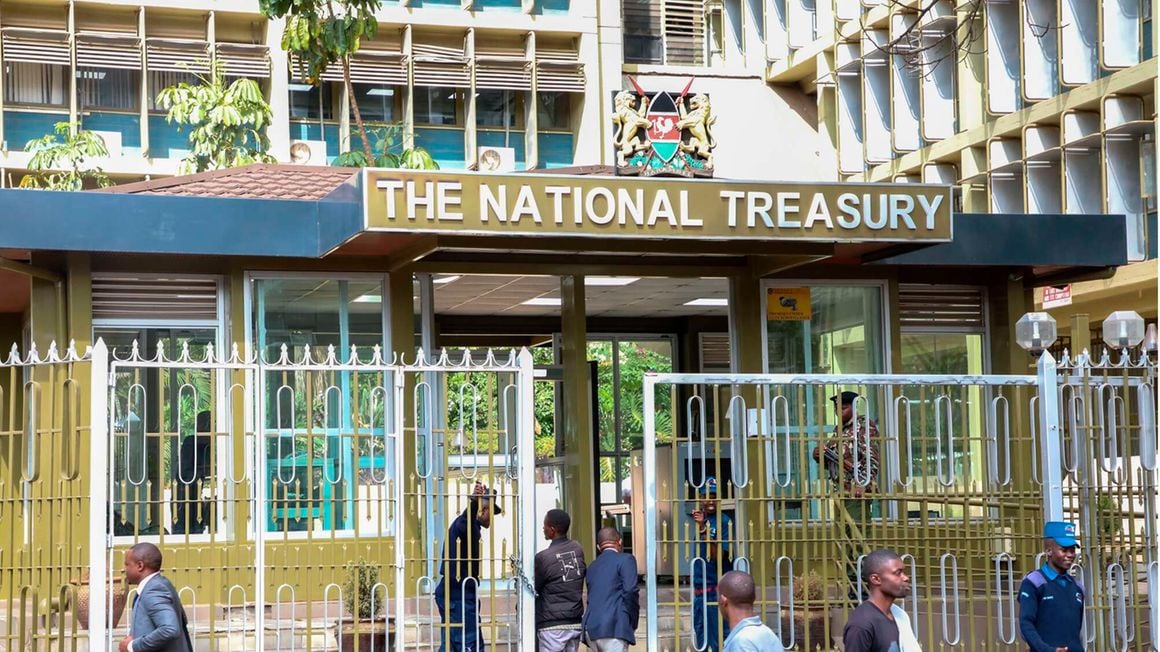Commodities
Why government didn’t Convert Sh537bn pending Bills into Bond

Following worries that it would significantly add to the nation’s debt load at a time when its position has been classified as being at high risk of debt distress, the government shelved a plan to convert unpaid bills into a bond.
Securitization of outstanding bills would entail the government issuing a bond to pay down the backlog of arrears, a plan that Kenya Kwanza promoted in the months leading up to the general election in August 2022.
An official from the Treasury told the Business Daily that the change in strategy was brought on by worries about what this would entail given the potential size of the issuance and the limited headroom from the permitted debt ceiling of Sh10 trillion.
The stock of public debt was 9.4 trillion shillings at the end of March 2023, according to data from the Central Bank of Kenya (CBK), falling just 600 billion shillings short of the limit imposed by the Public Finance Management Act.
On Thursday of last week, the Treasury changed its mind about the planned securitization and demanded the creation of a verification committee to provide advice on the best way to handle the mountain of arrears the State is facing.
“Management of pending bills is a challenge. The delay in settling payments of pending bills has led to the deterioration of the financial position of businesses, in particular micro, small and medium-sized businesses,” Njuguna Ndung’u, the Treasury Cabinet Secretary, told the National Assembly.
“… the National Treasury has prepared a Cabinet memo requesting the Cabinet to approve the establishment of a pending bills verification committee to carry out a thorough analysis of all pending bills and advise on how the bills will be settled.”
In its election platform, Kenya Kwanza promised to securitize outstanding debts, a move that would see the government issue a bond to pay off the arrears that have severely restricted businesses’ ability to access cash.
“The total outstanding national pending bills as of March 31, 2023, amounted to Sh537.2 billion comprising of Sh450 billion for State corporations, semi-autonomous government agencies and Sh79.3 billion for Ministries, Departments and Agencies. During the same reporting period, the county governments reported pending bills of Sh159.7 billion,” said Prof Ndung’u.
According to the IMF, Kenya faces a significant risk of debt distress. “Kenya’s debt is manageable, but the risk of debt distress is still rated as high overall and externally. According to the baseline, the public debt is predicted to reach its peak in FY2022/23 at 67.6% of GDP. Fiscal consolidation under the program will support debt dynamics, bringing debt to more responsible levels over the medium term, according to the IMF’s fourth review report from December 2022.
The Treasury’s change comes after the CBK issued a warning that the domestic market might not be able to meet the financing goals the Treasury set for the fiscal year 2023–2024.
“The domestic market has continued to support growing budgetary financing requirements. However, due to elevated financing needs, the capacity of the domestic market to finance deficits, especially in the last two financial years has been limited,” CBK says.











